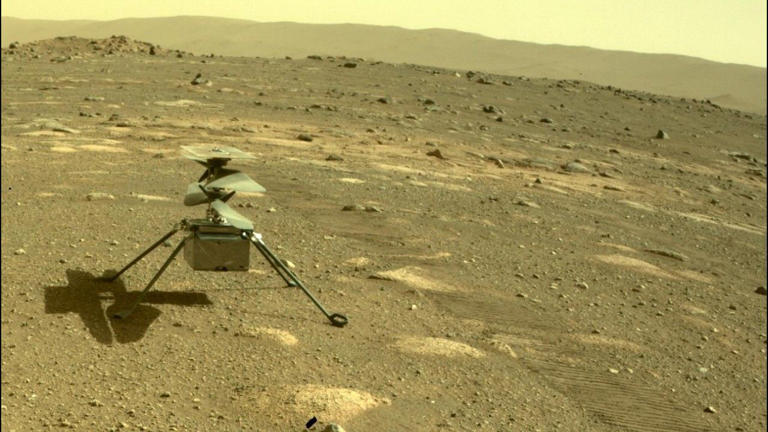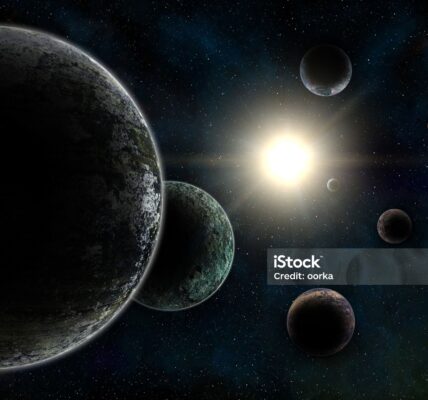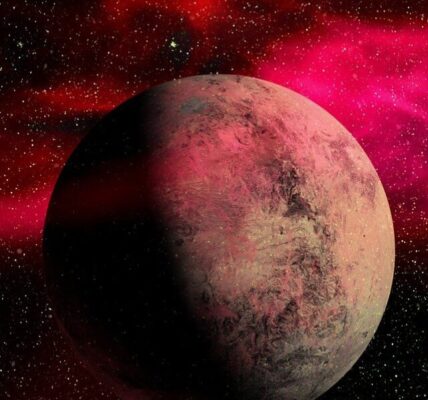Zhurong Rover Discovers Mars Ocean
Zhurong Rover Discovers Mars Ocean
This discovery, published in the journal Scientific Reports, sheds new light on Mars’ watery past and its potential for supporting life.

A Glimpse into Mars’ Watery Past
The Zhurong rover, which landed on Mars in May 2021, has been exploring the Utopia Planitia region, a vast plain in the planet’s northern hemisphere. By analyzing the geological features and mineral composition of the area, scientists have uncovered compelling evidence of an ancient ocean.
Key Findings:
- Ancient Coastline: The rover has identified features that strongly suggest the presence of an ancient coastline, including pitted cones, polygonal troughs, and etched flows.
- Water-Rich Environment: The presence of hydrated silica minerals, often associated with water-rich environments, further supports the theory of an ocean.
- Timing of the Ocean: Scientists estimate that this ocean existed approximately 3.5 billion years ago.
Implications for Mars’ Habitable Past
The discovery of an ancient ocean on Mars has significant implications for our understanding of the planet’s past habitability. Liquid water is essential for life as we know it, and the presence of an ocean on Mars suggests that the planet may have once been a more hospitable place.
Future Exploration
The Zhurong rover’s findings are a major step forward in our exploration of Mars. As we continue to study the Red Planet, we may uncover even more evidence of its watery past and its potential for supporting life.
Conclusion
The Zhurong rover’s discovery of an ancient ocean on Mars is a testament to the power of exploration and scientific inquiry. By studying the Red Planet, we can gain valuable insights into the history of our own planet and the possibility of life beyond Earth.



